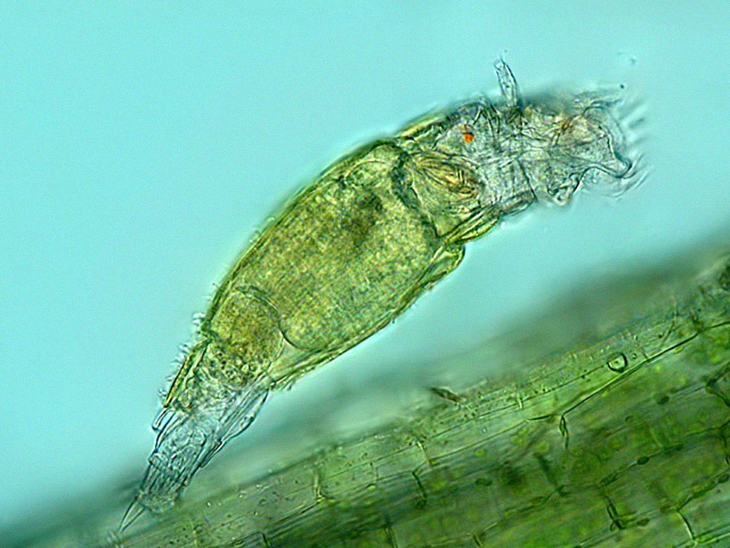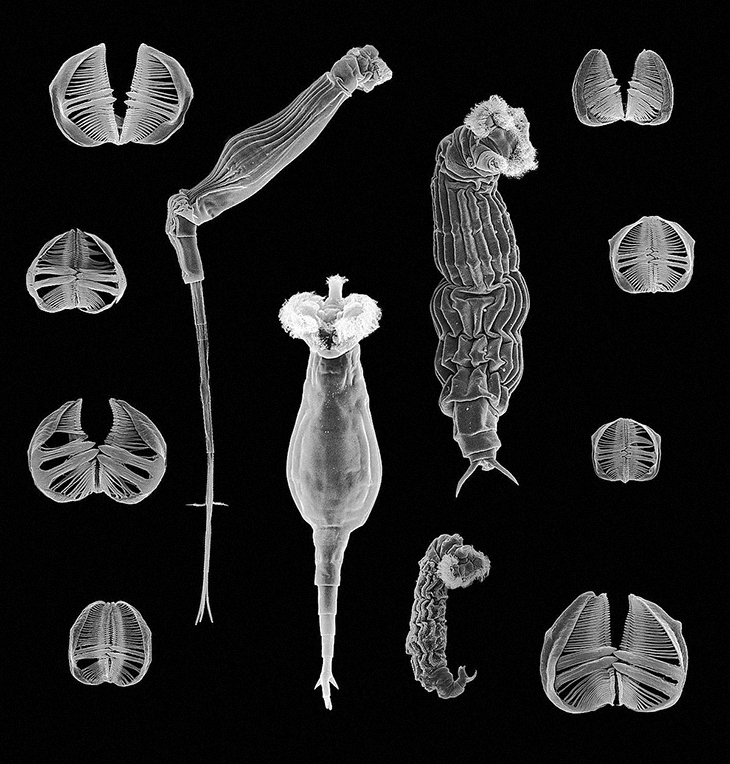
Who said nothing lasts forever? This microscopic creature is not only said to basically be immune to radiation, they don’t even need to mate to reproduce. The Bdelloid rotifer, pronounced with a silent ‘b,’ has managed to not only come back to life after lying dormant in Siberian permafrost for an unimaginable 24,000 years, it asexually reproduced too.
Scientists from Russia discovered this miniscule freshwater creature hidden in the northern region of Yakutia in the deep, rich soil of the Alazeya River.
This multicellular organism is actually considered common all throughout the world, as well as being incredibly tough with its ability to survive in intense dryness, extreme starvation, severe cold and even with very low oxygen.
Former research claimed that these tiny organisms are capable of living for an entire decade in below freezing temperatures, -20 degrees Celsius or -4 Fahrenheit to be exact. Meanwhile, the new study published in the Current Biology journal talks precisely about the amazing survivability of this diminutive creature, and how it also happens to be the ‘longest survival period known of any creature in the world.’

According to an author of the study, Stas Malavin, he said in a statement, “Our report is the hardest proof as of today that multicellular animals could withstand tens of thousands of years in cryptobiosis, the state of almost completely arrested metabolism.”
In order to get a sample of the tiny organism, the Malavin’s Soil Cryology Lab in Puschino, Russia took a heavy duty drilling rig and dug around 12-feet below the surface in order to get it.
After it thawed, the microscopic creature managed to reproduce on its own in a process called parthenogenesis. Moreover, researchers soon realized that the creature could even stand to be repeatedly frozen and thawed dozens of times without dying, all because of its elemental ability and ‘processes of cell and organ protection.’
Malavin explained, “The takeaway is that a multicellular organism can be frozen and stored as such for thousands of years and then return back to life – a dream of many fiction writers.”
“Of course, the more complex the organism, the trickier it is to preserve it alive frozen and, for mammals, it’s not currently possible. Yet, moving from a single-celled organism to an organism with a gut and brain, through microscopic, is a big step forward,” he added.
In their research, the scientists are hoping that whatever information they get from studying this infinitesimal creature will bring a better understanding and knowledge on how to sustain and preserve the cells, tissues and organs of animals, as well as in human beings too.
What are your thoughts? Please comment below and share this news!
True Activist / Report a typo


